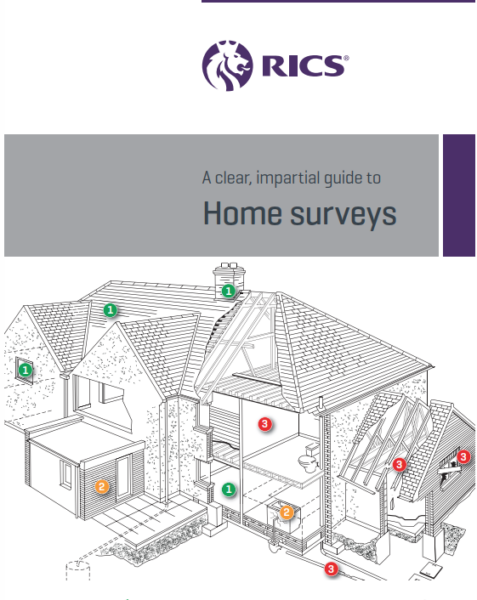Reports that the Government is considering a radical scheme to help first-time buyers by guaranteeing mortgages which would require just 1% deposit have left property and finance experts divided.
The Independent reported at the weekend that Prime Minister Rishi Sunak (main picture) and Chancellor Jeremy Hunt were considering the move to bolster the chances of first-time buyers (FTB) – and more importantly younger voters – of getting a foot on the housing ladder by guaranteeing mortgages.
But news of the plans received a mixed reaction.

Ying Tan, Habito
Ying Tan, Chief Executive of mortgage broker Habito, says: “This news will certainly grab the headlines and entice younger voters to support the Government.
“At first glance, this is great news. In principle, the more help we can get for first-time buyers, the better.”
But Tan told The Neg that he was concerned how mortgage affordability would be assessed.
“It is pointless only needing a 1% deposit if it’s impossible to borrow the 99% mortgage.
“With a high loan-to-value comes higher risk for the lender, so rates will certainly be more expensive, giving less disposable income to the consumer.”
And he adds: “What we must avoid is reeling first-time buyers in, without thinking about the possible unintended consequences, leading to a potential house price bubble.
“At the end of the day what this government and the next need to do is build more homes that are affordably – it’s simple economics.”
Mark Harris, Chief Executive of broker SPF Private Clients, adds: “99% mortgages could be a good idea in the appropriate circumstances.

Mark Harris, SPF Private Clients
“With added stamp duty costs, a 99% mortgage can look identical to a 95% mortgage for previous generations. Add in the fact that saving for a deposit while renting is practically impossible, this could be a solution.”
And he says: “There are 100% mortgages available today – for example, Skipton Track Record, which uses the evidence of long-term rent payments as part of its affordability basis and assessment. Also, Barclays Springboard, albeit using equity in a guarantor’s house, so net loan-to-value is lower.
“Unlike 100% mortgages in the past, lenders now have more stringent assessments to perform to assess affordability and stressing. There is less risk of borrowers over-stretching themselves.
“Naysayers will no doubt focus on the fact this is a policy to increase demand for housing not supply so inevitably the effect on house prices will be upwards.”








